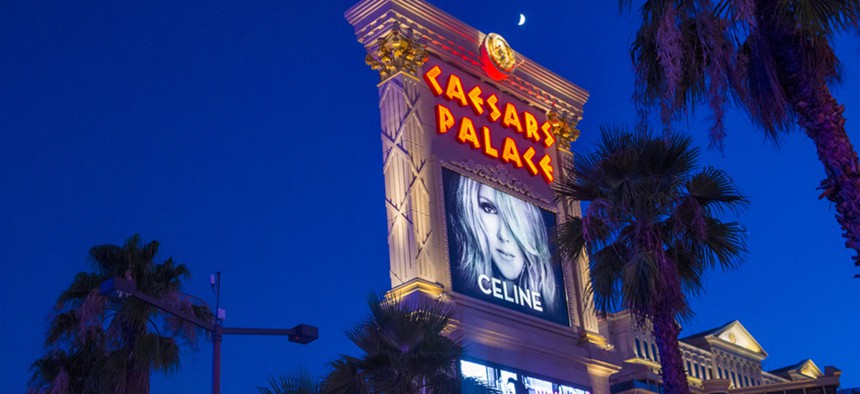
Kobby Dagan/Shutterstock.com
Regulators Fine Caesars Palace for Allowing Some to Gamble Off Books
The casino group will pay $9.5 million for failing to police money laundering.
On Tuesday, the U.S. Treasury Department fined casino group Caesars Palace$9.5 million dollars for “willful and repeated violations of the Bank Secrecy Act.” The number breaks down to an $8 million settlement and $1.5 million fine.
In a statement, the Treasury’s Financial Crimes Enforcement Network (FinCEN) says that the casino allowed its wealthiest patrons to gamble millions of dollars anonymously in their private VIP rooms—these transactions, which sometimes were large wire transfers, went unreported. In short, they didn’t much care (nor track) where the money came from, leaving great opportunity for money laundering.
“Caesars knew its customers well enough to entice them to cross the world to gamble and to cater to their every need,” said Jennifer Shasky Calvery, the director of FinCEN, in the statement. “But, when it came to watching out for illicit activity, it allowed a blind spot in its compliance program. Every business wants to impress its customers, but that cannot come at the risk of introducing illicit money into the U.S. financial system.”
Earlier this year I interviewed financial-crime prevention expert Stephen Plattabout how dirty money gets into the global financial system. According to the U.N., there’s an estimated $2.1 trillion criminal capital in our global banking system. This happens because when there’s a lot of money on the table, Platt says that banks (and in this case, a casino) will have a great incentive to look in the other direction.
In general, within the industry the incentives to act in a willfully blind manner are quite high—that's why there are several reported examples of banks being prepared to do business with corrupt African potentates whose official salary is $10,000 a year, even though they are banking $500 million. How can you not think that something might be amiss in such a relationship? Fundamentally, I don’t believe that the risks of failing to ask all of the right questions yet outweigh the rewards.
(Image via Kobby Dagan / Shutterstock.com )






